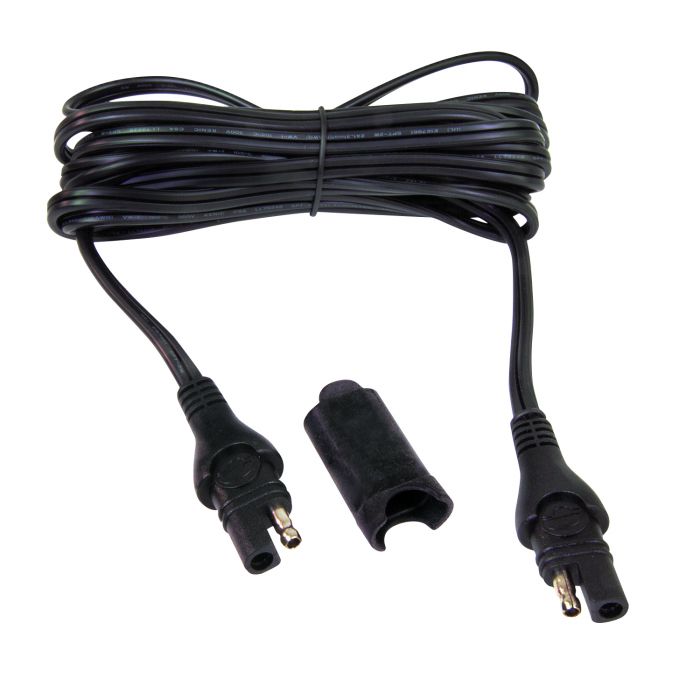-
The rest is jibberish to me.
There's an insulation voltage rating (300V) and a maximum temperature (105°C conductor temp, although you don't want to run anywhere near that on a device you're going to handle). ANSI is a trade body certification, UL is underwriters' laboratory certification to satisfy your insurer. If you make a longer extension, you want thicker wire to keep the voltage drop constant, in theory doubling the length requires doubling the cross section but you'll want to do maths based on the actual charging current and permissible voltage drop to make sure you have the right wire.
You are reading a single comment by @hugo7 and its replies.
Click here to read the full conversation.
 gbj_tester
gbj_tester @hugo7
@hugo7
I need an extension cable for my Optimate vehicle battery charger as it, and my previous optimate got lost by a mate.

I found a 4.6m one for £18, but the most cursory of Googles says 18 gauge wire is £1p/m, and actually it would be handy to have it much longer.
*"But the connectors will probably cost more than the extention", *I hear you say. Well it turns out that I have a load of spare ones from my old one.
The cable helpfully has this printed on it.
2X0.824mm² (18AWG) I can work out. The rest is jibberish to me.
questions
Cheers.